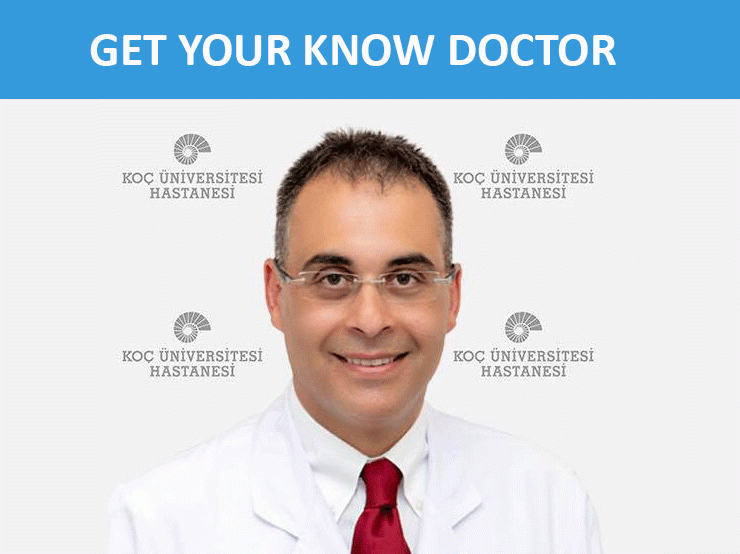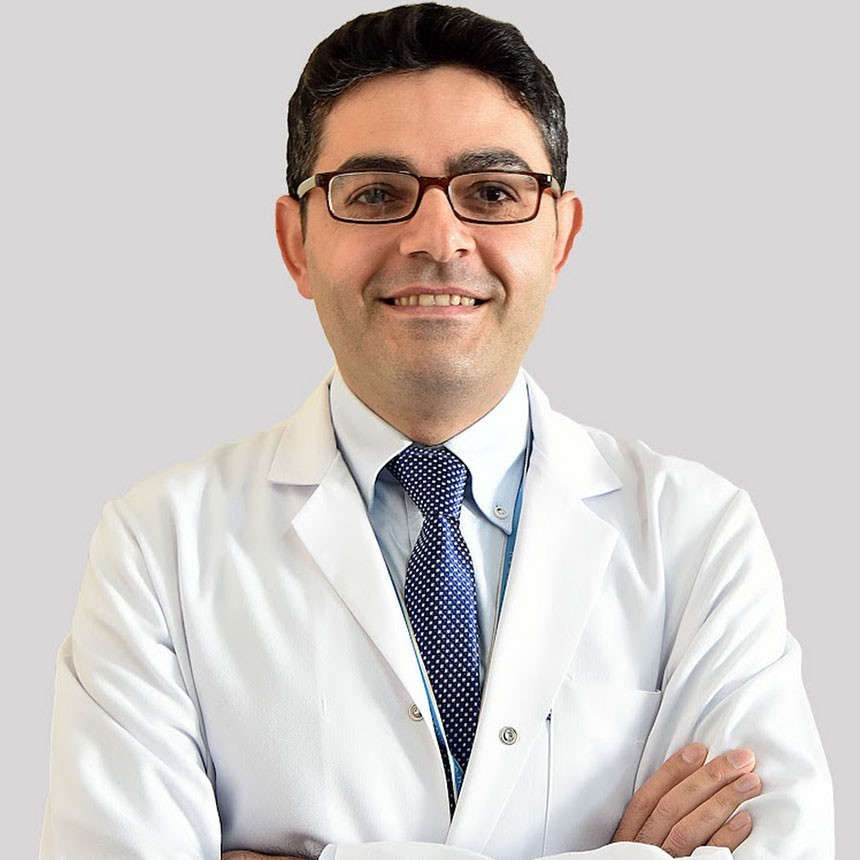Before the procedure
Being placed on the waiting list
Doctors use results of liver function tests and other factors to determine your prognosis and your place on the liver transplant waiting list.
Your prognosis is often called your Model for End-Stage Liver Disease (MELD) or Pediatric End-Stage Liver Disease (PELD) score for children younger than age 12.
MELD scores range from 6 to 40. The scores estimate the risk of death within 90 days without a transplant. The higher your MELD score, the more dire your situation.
Organs are allocated according to MELD scores and stratified by blood type. People with higher MELD scores are generally offered donated livers first. Time spent on the liver transplantation waiting list is used to break ties among people with the same MELD scores and blood type.
Some liver conditions, such as liver cancer, may not result in a person getting a high MELD score. The transplant center can request additional MELD points for people with specific diseases if they meet defined exception criteria.
In addition, adults with acute liver failure are exempted from the MELD-based donor organ prioritization system and may be placed higher on the list according to their disease status.
Waiting for a new liver
The wait for a donor liver can vary greatly. Some people wait days, while other wait months or may never receive a deceased-donor liver.
As you wait for a new liver, your doctor will treat the complications of your liver failure to make you as comfortable as possible.
Complications of end-stage liver failure are serious, and you may be frequently hospitalized. If your liver deteriorates, your MELD score is updated.
Living liver donors
A small percentage of liver transplants are done each year using a portion of a liver from a living donor. Living-donor liver transplants were initially used for children needing a liver transplant due to the scarcity of appropriately sized deceased-donor organs. Now, it has also become an important option for adults who have end-stage liver disease.
While access to deceased-donor liver transplant is determined primarily by the severity of your liver disease, access to living-donor liver transplant is determined primarily by identification of a living donor who is healthy and able to safely undergo a major surgical procedure and is also the right size and blood type.
Most living liver donors are close family members or friends of the liver transplant candidate. If you have a family member or friend who is willing to donate part of his or her liver to you, talk to your transplant team about this option.
Living-donor transplants have good results, just as transplants using livers from deceased donors. But finding a good living liver donor match is difficult due to restrictions on the donor's age, blood type, size and health. The surgery also carries significant risks for the donor.
Your transplant team can discuss the benefits and risks with you and the potential donor.
Domino liver transplant
Another, less common, type of living-donor liver transplant is called a domino liver transplant. In a domino liver transplant, you receive a liver from a living donor who has familial (hereditary) amyloidosis. Familial amyloidosis is a very rare disorder in which abnormal protein deposits accumulate and eventually damage the body's internal organs.
The donor with familial amyloidosis receives a liver transplant to treat his or her condition. Then, the donor can give his or her liver to you in a domino liver transplant, because the liver still functions well. You may eventually develop symptoms of amyloidosis, but it usually takes decades to develop.
Doctors usually select recipients who are 60 years old or older and who aren't expected to develop symptoms before the end of their natural life expectancy. After your transplant, doctors will monitor you for signs of the condition.
Doctors will evaluate you to determine if you may be a candidate for a domino liver transplant or if another procedure would be more appropriate for your condition.









